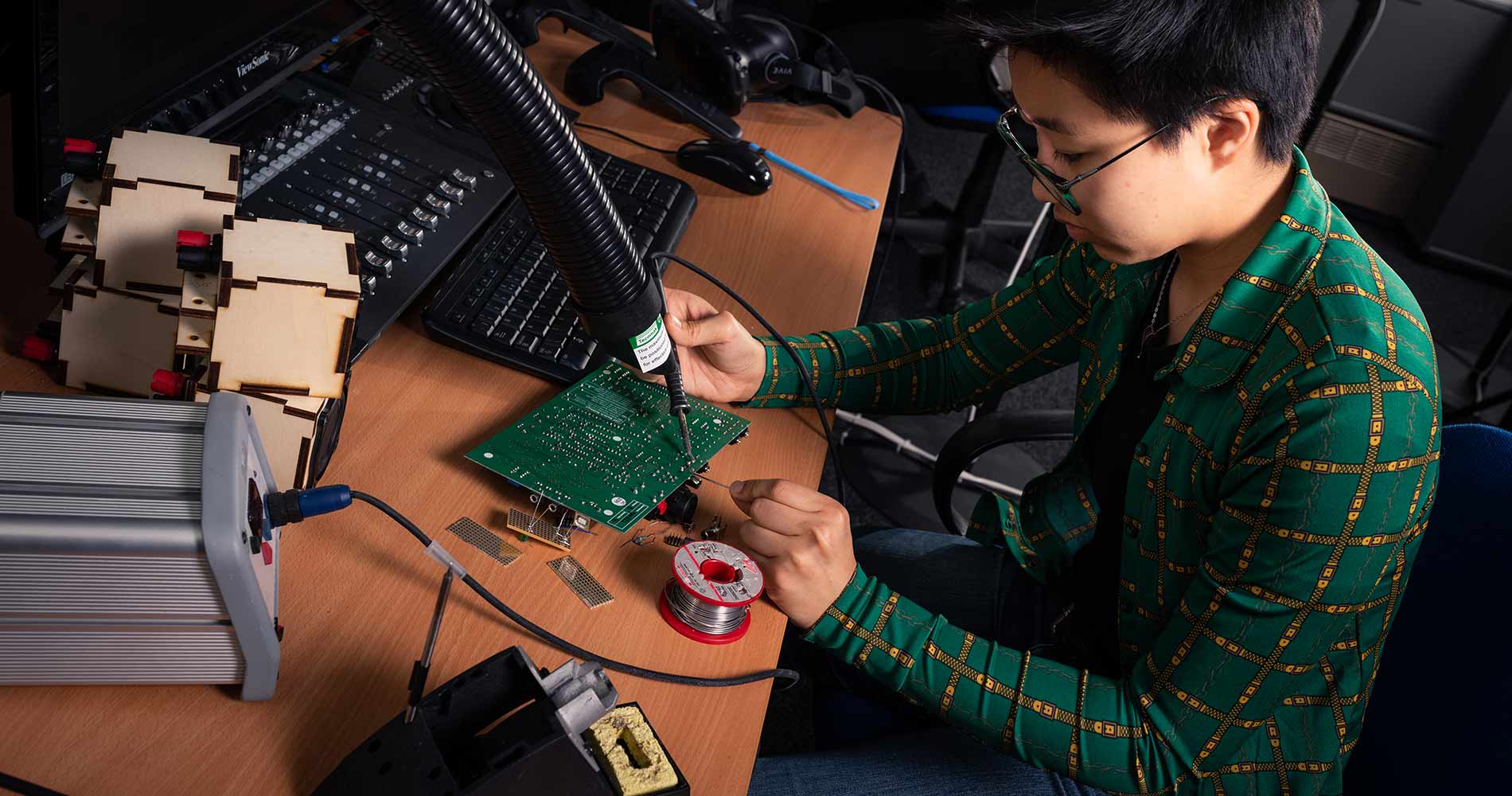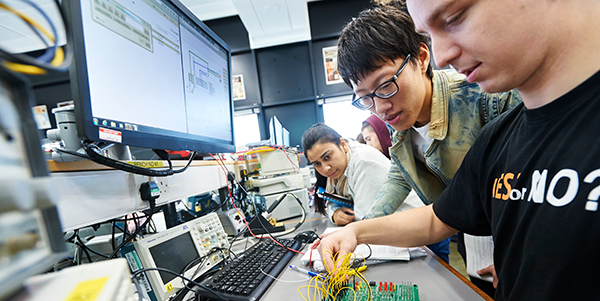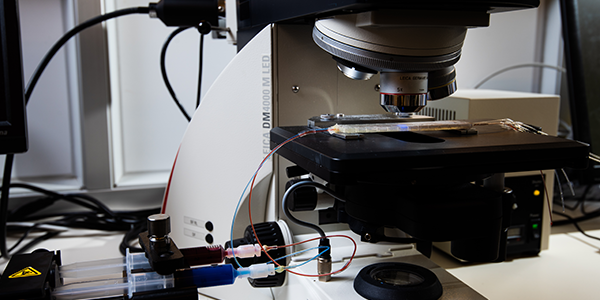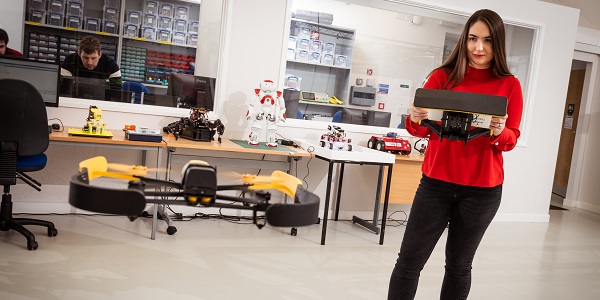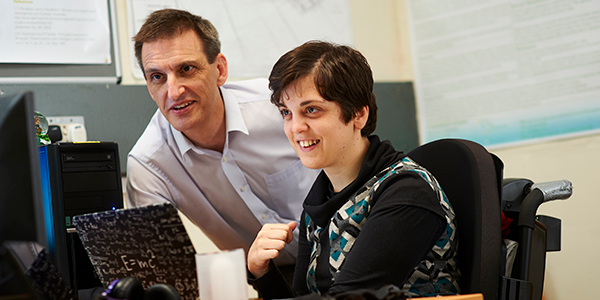Learn to design systems, networks and applications that address the complex problems of today’s world. Through a combination of theoretical and practical work, you'll develop your specialist skills and prepare to take on projects with real-world impact.
Why study engineering at York?
At York, many of our teaching staff are active researchers, and we work closely with our industrial partners to ensure everything we teach is current and relevant. Each course combines advanced taught modules with a substantial project, mostly undertaken by students in groups, employing design, test and integration procedures that adhere to industrial quality standards. Our teaching is underpinned by our research strengths. We deliver research that has real-world benefits, often in collaboration with external partners, such as robotics for healthcare, mobile communications for autonomous vehicles and realistic acoustic experiences for virtual reality.

